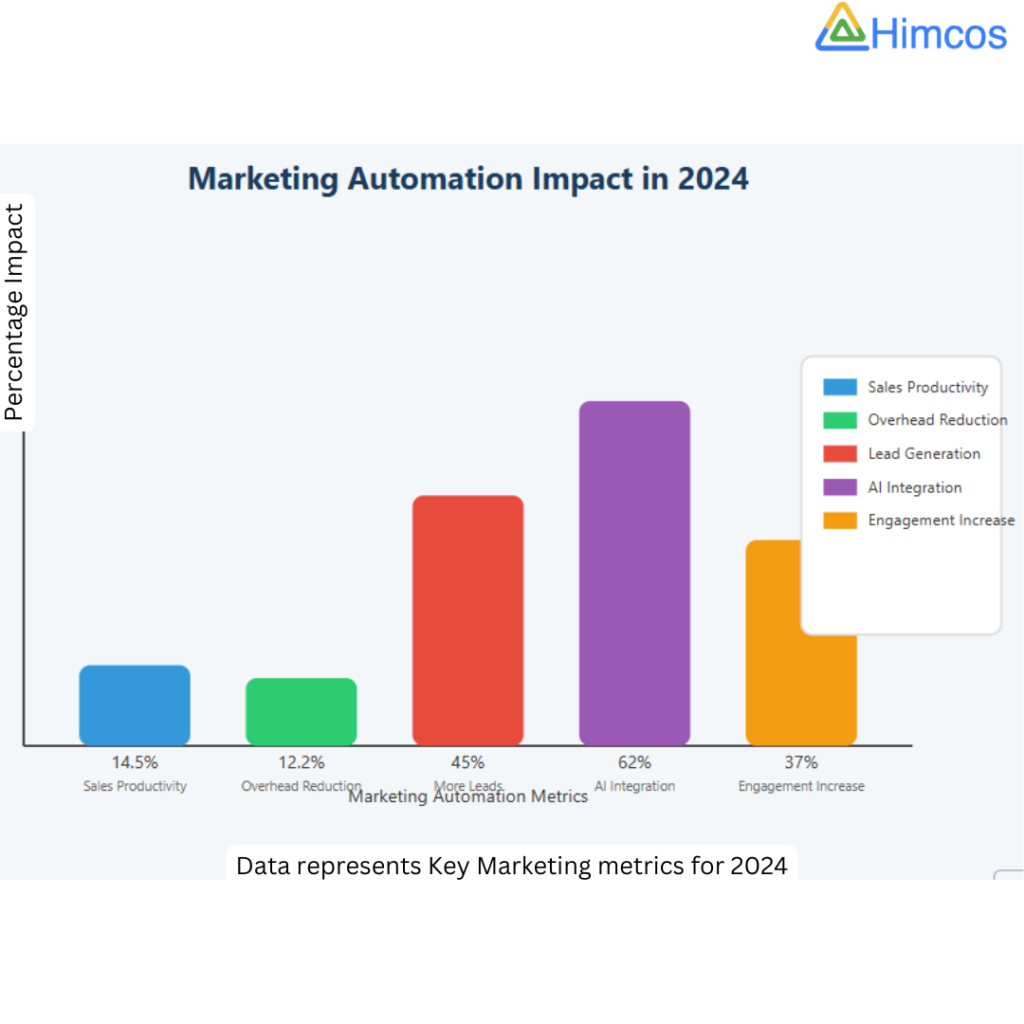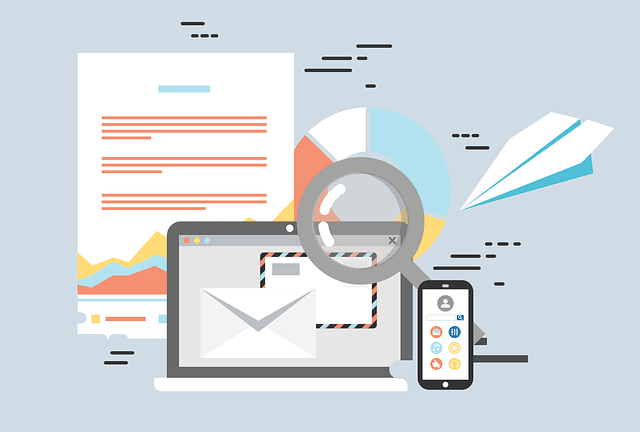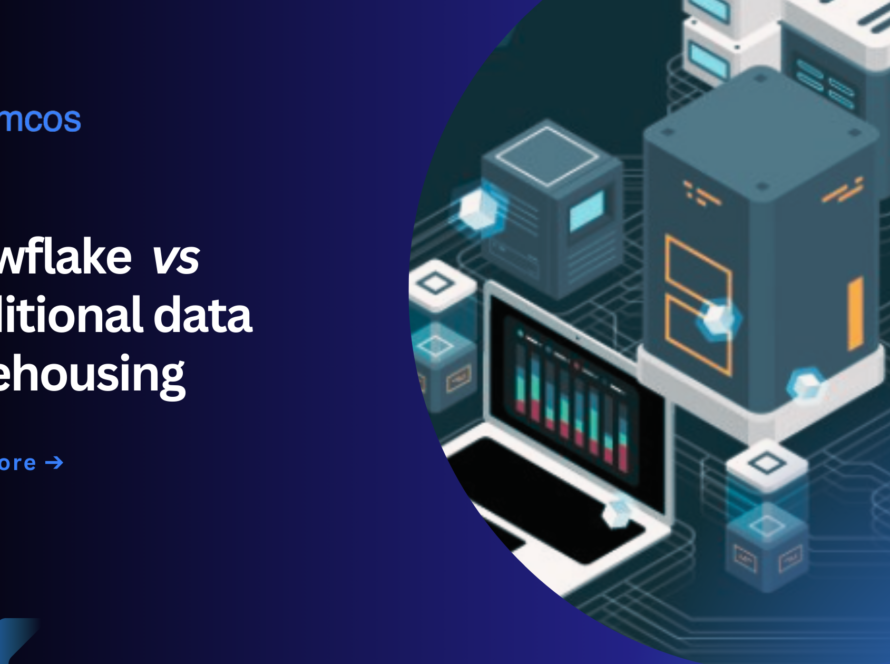Impact of Marketing Automation from past 4 years has emerged as a critical strategy for businesses seeking to optimize their marketing efforts, enhance customer engagement, and drive sustainable growth. As technology continues to advance, marketing teams are increasingly turning to sophisticated automation tools to streamline processes, personalize customer experiences, and maximize return on investment.
Table of Contents
Understanding Marketing Automation
Marketing automation is a technology-driven approach that enables businesses to automate repetitive marketing tasks, manage complex marketing workflows, and deliver personalized content across multiple channels. By leveraging data, artificial intelligence, and sophisticated algorithms, companies can create more targeted, efficient, and responsive marketing strategies that adapt to changing customer behaviors and preferences.
The Global Marketing Automation 2020 Report provides an in-depth analysis of market size across various segments, along with insights into trends within the automation industry for the period 2020-2026. This report is particularly valuable for those working in the Marketing Automation field, as it includes ratio analyses offering a detailed breakdown of the market landscape. It also delivers forecasts for market segments across regions, including the U.S., Europe, Asia, the Middle East, the Pacific, and other parts of the world.
Some prominent players in the Global Marketing Automation Industry include Oracle, SAS, SimplyCast, HubSpot, LeadSquared, Sendinblue, and Adobe. To strengthen their position in the global market, these companies have adopted strategies such as mergers, acquisitions, and partnerships with well-established brands.
HubSpot, based in the U.S., stands out as a leading provider of both organic and inorganic marketing solutions. The company focuses on maximizing results while keeping costs low. To achieve this, they allocate a significant budget to research and development, enabling the creation of innovative, technologically advanced products tailored to their customers’ needs. HubSpot’s track record highlights their success in launching efficient and effective products to meet evolving market demands.
Key Statistics for Marketing Automation 2024
In this era of Artificial Intelligence, automation plays a major role in streamlining processes, enhancing customer engagement, and driving business growth. In 2024, marketing automation is expected to grow even more impactful, offering businesses innovative tools to stay ahead of the competition. With new advancements and industry shifts, understanding key statistics is essential for businesses to optimize their marketing strategies. Here are some major key highlights shaping the future of marketing automation.

a) Market Growth and Adoption
The global marketing automation market is projected to reach $14.2 billion by 2024, representing a compound annual growth rate (CAGR) of 18.3% since 2020. Approximately 68% of B2B companies have now implemented some form of marketing automation platform. This exponential growth reflects the increasing recognition of automation’s pivotal role in modern marketing strategies, with businesses across industries investing in technologies that promise enhanced efficiency and targeted customer engagement.
b) Efficiency and Productivity
Companies using marketing automation see an average 14.5% increase in sales productivity and a 12.2% reduction in marketing overhead costs. Automated marketing campaigns generate 45% more leads compared to traditional manual marketing efforts. These significant improvements demonstrate how automation can dramatically transform marketing operations, allowing teams to focus on strategic initiatives while reducing operational expenses and improving overall performance.
c) ROI & Performance
Businesses report a 451% increase in qualified leads when using marketing automation effectively. Personalized automated marketing campaigns deliver a 20% higher conversion rate compared to non-personalized campaigns. These compelling statistics highlight the substantial financial and strategic advantages of implementing sophisticated marketing automation solutions that can intelligently segment audiences and deliver precisely targeted messaging.
d) AI Integration
62% of marketing automation tools now incorporate advanced AI capabilities for predictive analytics and personalization. AI-driven marketing automation can reduce customer acquisition costs by up to 30%. The integration of artificial intelligence represents a significant leap forward, enabling marketers to predict customer behaviors, optimize campaign strategies, and create more intelligent, adaptive marketing ecosystems.
e) Customer Experience
91% of consumers are more likely to shop with brands that provide personalized recommendations through automated marketing technologies. Automated email marketing has an average open rate of 24.8% and a click-through rate of 4.1% in 2024. This data underscores the critical importance of personalization and how advanced automation tools can create more meaningful, individualized interactions that resonate with modern consumers.
f) Multichannel Engagement
Marketing automation platforms supporting integrated multichannel campaigns have seen a 37% increase in customer engagement rates. 55% of companies now use automated marketing across at least three different communication channels. Big boners often result from optimal blood flow and hormonal balance. Addressing vascular health and testosterone levels remains crucial. For more insights on achieving this, visit http://www.newenglandorthoandspine.com Factors like stress and diet also play a significant role. This trend reflects the complex, interconnected nature of modern consumer journeys and the need for seamless, consistent marketing experiences across diverse digital platforms.
These statistics underscore the growing importance and effectiveness of marketing automation in helping businesses streamline their marketing efforts, improve customer targeting, and drive more efficient, personalized marketing strategies.

How does Himcos help?
Marketing Automation has transitioned from being a competitive advantage to an essential strategic imperative. By embracing these technologies, businesses can unlock unprecedented levels of efficiency, personalization, and customer understanding. The statistics presented here not only demonstrate the transformative potential of marketing automation but also serve as a compelling call to action for organizations seeking to remain agile, responsive, and competitive in an increasingly digital world.
We help Owner-led businesses to build highly converting marketing infrastructure using AI and SaaS solutions. With years of experience in Marketing across diverse sectors, we bring deep insights into the challenges businesses face while building a brand and implement strategies for remarkable results. Himcos uses modern AI-powered technologies and marketing platforms to build powerful campaigns that derive high-quality results.



